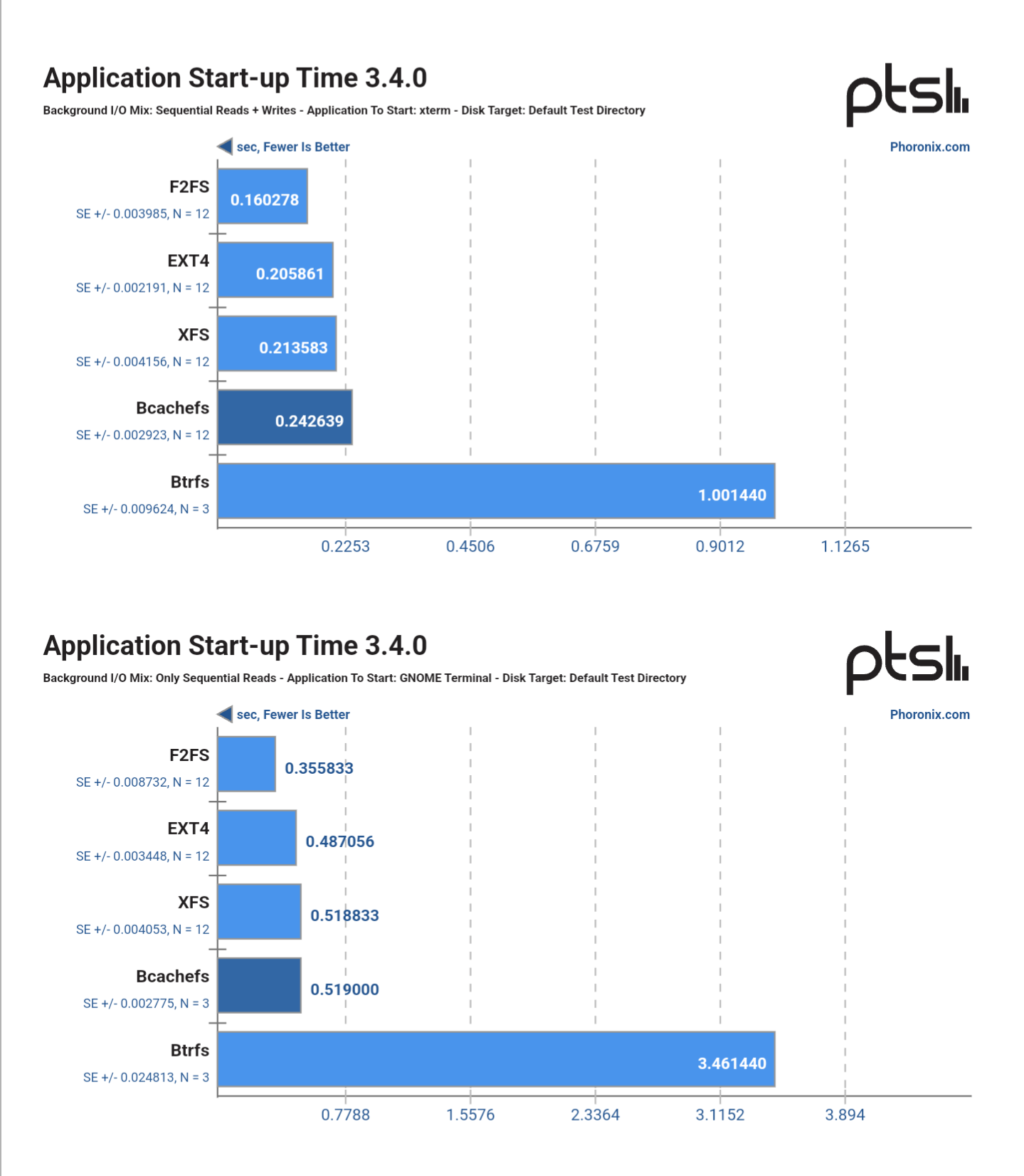this post was submitted on 10 Nov 2023
118 points (99.2% liked)
Linux
55429 readers
710 users here now
From Wikipedia, the free encyclopedia
Linux is a family of open source Unix-like operating systems based on the Linux kernel, an operating system kernel first released on September 17, 1991 by Linus Torvalds. Linux is typically packaged in a Linux distribution (or distro for short).
Distributions include the Linux kernel and supporting system software and libraries, many of which are provided by the GNU Project. Many Linux distributions use the word "Linux" in their name, but the Free Software Foundation uses the name GNU/Linux to emphasize the importance of GNU software, causing some controversy.
Rules
- Posts must be relevant to operating systems running the Linux kernel. GNU/Linux or otherwise.
- No misinformation
- No NSFW content
- No hate speech, bigotry, etc
Related Communities
Community icon by Alpár-Etele Méder, licensed under CC BY 3.0
founded 6 years ago
MODERATORS
you are viewing a single comment's thread
view the rest of the comments
view the rest of the comments

It's mostly better, but not in every way. It has a lot of useful features, at a performance cost sometimes. A cost that historically wasn't a problem with spinning hard drives and relatively slow SATA SSDs but will show up more on really fast NVMes.
The snapshots, it has to keep track of what's been modified. Depending on the block size, an update of just a couple bytes can end up as a few 4k write because it's Copy-on-Write and it has to update a journal and it has to update the block list of the file. But at the same time, copying a 50GB file is instantaneous on btrfs because of the same CoW feature. Most people find the snapshots more useful than eeking out every last bit of performance out of your drive.
Even ZFS, often considered to be the gold standard of filesystems, is actually kinda slow. But its purpose isn't to be the fastest, its purpose is throwing an array of 200 drives at it and trusting it to protect you even against some media degradation and random bit flips in your storage with regular scrubs.
A couple nits to pick: BTRFS doesn't use/need journaling because of its CoW nature - data on the disk is always correct because it doesn't write data back over the same block it came from. Only once data is written successfully will the pointer be moved to the newly-written block. Also, instantaneous copies from BTRFS are actually due to reflinking instead of CoW (XFS can also do reflinking despite not being CoW, and ZFS didn't have this feature until OpenZFS 2.2 which just released).
I agree with the ZFS bit and I'm firmly in the BTRFS/ZFS > Ext4/XFS/etc camp unless you have a specific performance usecase. The ability to scrub checksums of data is so invaluable in my opinion, not to mention all the other killer features. People have been running Ext4 systems for decades pretending that if Ext4 does not see the bitrot, the bitrot does not exist. (then BTRFS picks up a bad checksum and people scold it for being a bad filesystem)
ZFS made me discover that my onboard SATA controller sucks and returns bad data occasionally under heavy load. My computer cannot complete a ZFS scrub without finding errors, every single time.
Ext4, bcache and mdadm never complained about it, ever. There was never any sign that something was wrong at all.
100% worth it if you care about your data. I can definitely feel the hit on my NVMe but it's also doing so much more.